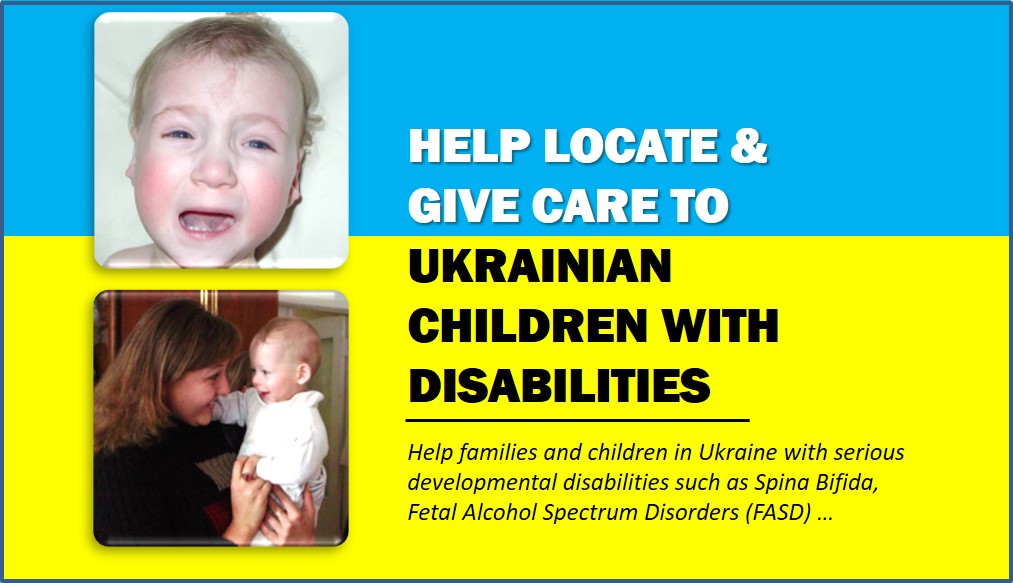| Fetal Hydantoin Syndrome ... occurs in approximately 7-10% of all babies exposed to phenytoin during pregnancy ... severity of symptoms depends on the amount of drug ... exposed to prior to birth ... (dose-dependant effect) ... phenytoin may cause folic acid deficiency in a mother diagnosed with epilepsy. Folic acid is important in the prenatal development and decreased amounts can cause severe ... neural tube defects ... |
Epoxide Hydrolase 1, Microsomal; EPHX1
Victor A. McKusick, OMIM, Johns Hopkins University, January 11, 2006
 [for Professionals mainly] [for Professionals mainly]
Alternative titles; symbols
EPOXIDE HYDROLASE
EPOXIDE HYDROLASE, MICROSOMAL XENOBIOTIC
PHENYTOIN TOXICITY
ARENE OXIDE DETOXIFICATION DEFECT
FETAL HYDANTOIN SYNDROME
DIPHENYLHYDANTOIN, DEFECT IN HYDROXYLATION OF, INCLUDED
Gene Map Locus: 1q42.1
Epoxide hydrolases play an important role in both the activation and detoxification of exogenous chemicals …
Stickler et al. (1985) hypothesized a mutant form of microsomal epoxide hydrolase as the molecular basis for abnormal reactions to phenytoin and some other drugs. Phenytoin (diphenylhydantoin, dilantin) is metabolized by cytochrome P-450 monooxygenases to several oxidized products, including parahydroxylated and dihydrodiol metabolities … Arene oxides, which are reactive electrophilic compounds, are intermediates in these oxidative reactions. If not detoxified, arene oxide metabolites can covalently bind to cell macromolecules, resulting in cell death, mutation, tumors, birth defects … In animals, toxic effects of phenytoin, including gingival hyperplasia and teratogenicity, have been attributed to the arene oxide metabolites … The fetal hydantoin syndrome has been observed in multiple sibs … Phelan et al. (1981) observed dizygotic twins in whom the evidence of diandric origin through superfecundation was strong … One suspected father was black, the other white. Throughout pregnancy the mother had taken phenobarbital and dilantin. Only 1 of the twins had signs of the fetal hydantoin syndrome.
Diphenylhydantoin is poorly excreted by the kidney … A defect in the hydroxylation of diphenylhydantoin can be produced by simultaneous administration of isoniazid (INH) which inhibits hydroxylation by liver microsomes …
Buehler et al. (1990) appeared to have demonstrated that low epoxide hydrolase activity in amniocytes is a risk factor for congenital malformations in the infants of mothers receiving phenytoin … showed an apparently trimodal distribution, suggesting that the level of the enzyme was controlled by a single gene with 2 allelic forms. In a prospective study of 19 pregnancies monitored by amniocentesis, an adverse outcome was predicted for 4 fetuses on the basis of low enzyme activity … In all 4 cases, the mother was receiving phenytoin monotheraphy, and, after birth, the infants had clinical findings compatible with the fetal hydantoin syndrome. The 15 fetuses with enzyme activity above 30% of the standard were not considered to be at risk, and all 15 neonates lacked any characteristics of the fetal hydantoin syndrome …
Phenytoin
Phillip W. Long, M.D., Internet Mental Health (www.mentalhealth.com), 2005
Brand name: Dilantin
Pharmacology
… is an anticonvulsant drug which can be useful in the treatment of epilepsy …
The liver is the chief site of biotransformation of phenytoin; patients with impaired liver function … may show early signs of toxicity … A small percentage of individuals who have been treated with phenytoin have been shown to metabolize the drug slowly …
Pregnancy: See Warnings (and NO MORE IS SAID ... ) by Dr. P. W. Long. (Please see other sources).
Fetal hydantoin syndrome
Phillippe Jeanty, MD, PhD et al, The.Fetus.net, 2004
Diagnosis: Growth retardation, microcephaly, hypoplasia of the distal phalanx of the fingers and toes, nail hypoplasia, typical facial appearance with a low nasal bridge, hirsutism and cleft-lip/palate, rib anomalies and occasionally cardiac and genito-urinary anomalies …
A Case of Prenatal Diagnosis of Fetal Hydantoin Syndrome by Ultrasound
Thomaz Rafael Gollop and Ivan Salzo, Genetics and Molecular Biology, 22, 2, 147-150 (1999)
Dilantin®
Karl Loren,
Vibrant Life, Burbank, CA,
December 21, 2006
Sobredosis de Dilantin
Medline Plus, October 31, 2006
 [Spanish] [Spanish]
Definición: Este artículo aborda la intoxicación por una sobredosis de Dilantin, un medicamento utilizado para prevenir las convulsiones ...
Dilantin-125
Drugs.com
 [Spanish] [Spanish]
¿Qué es phenytoin?
... Phenytoin es un anti epiléptico. Funciona retardando los impulsos en el cerebro que causan las convulsiones. La phenytoin se usa para controlar las convulsiones. Phenytoin puede usarse también para fines distintos a los que se señalan en esta guía del medicamento
Dilantin (Fenitoin): Guía Informativo Para Padres
Miami Children's Hospital
 [Spanish] [Spanish]
Evite la deficiencia de Vitamina D poniéndose al sol, o consumiendo cantidades adecuadas de
leche o un suplemento moderado de Vitamina D (1000-2000 IU/al día).
Los bebés de madres que tomaron esta droga deberán recibir suplementos de Vitamina K.
Evite los suplementos de Calcio porque disminuyen la biodisponibilidad de este medicamento y el
Calcio.
Evite el alcohol
...
________________________________________________________________________________________________
Last Updated: 2008/3/10
________________________________________________________________________________________________
|



 [for Professionals mainly]
[for Professionals mainly]




